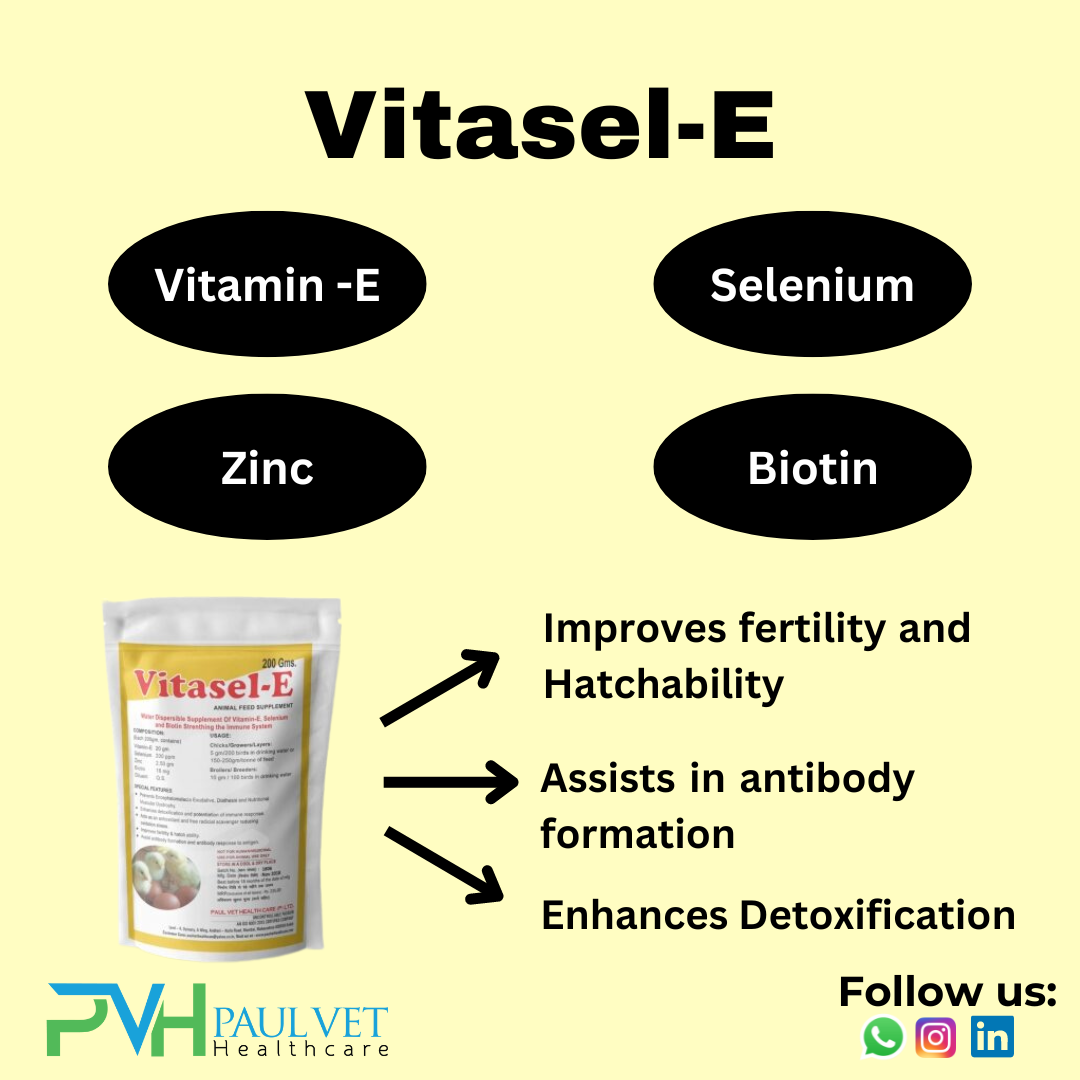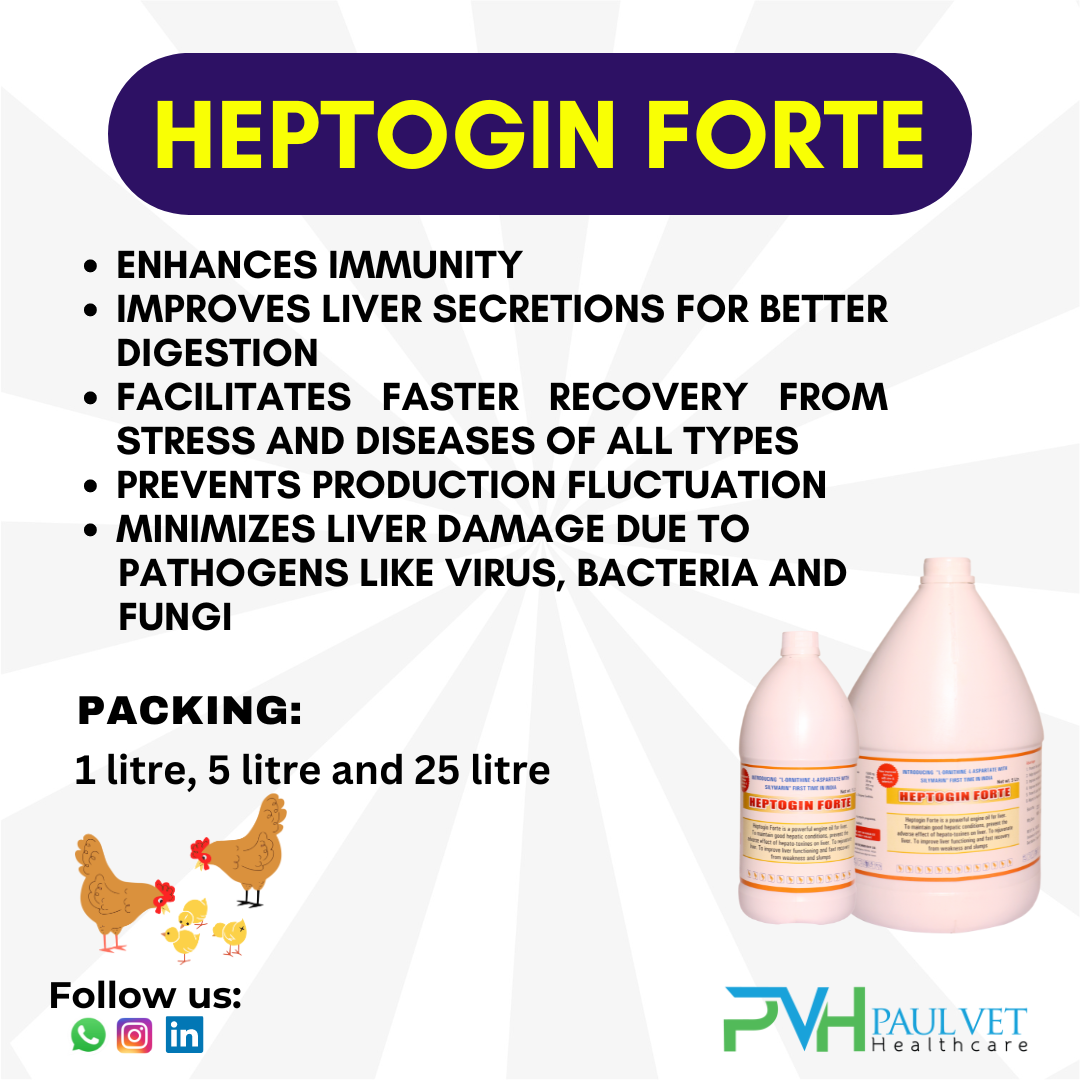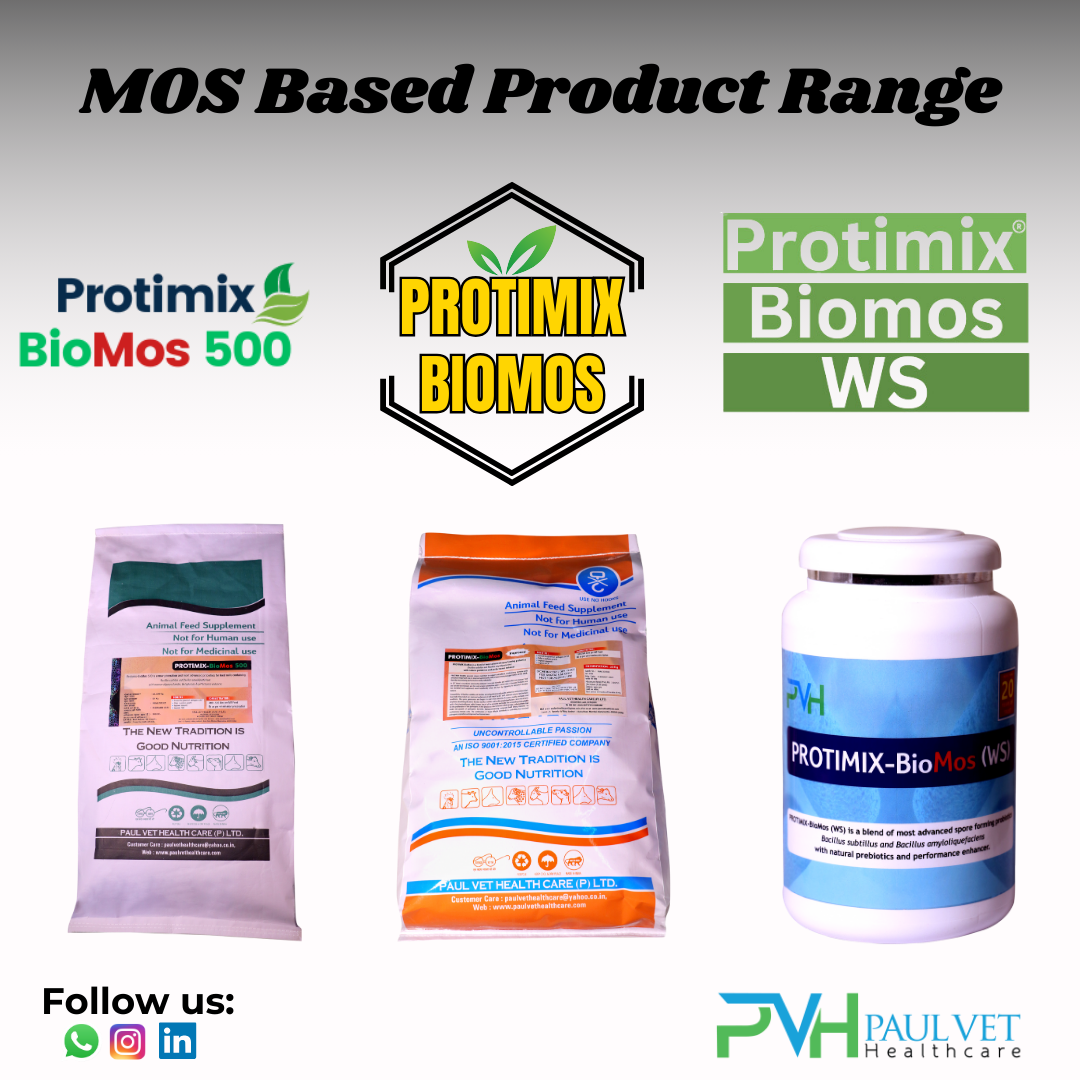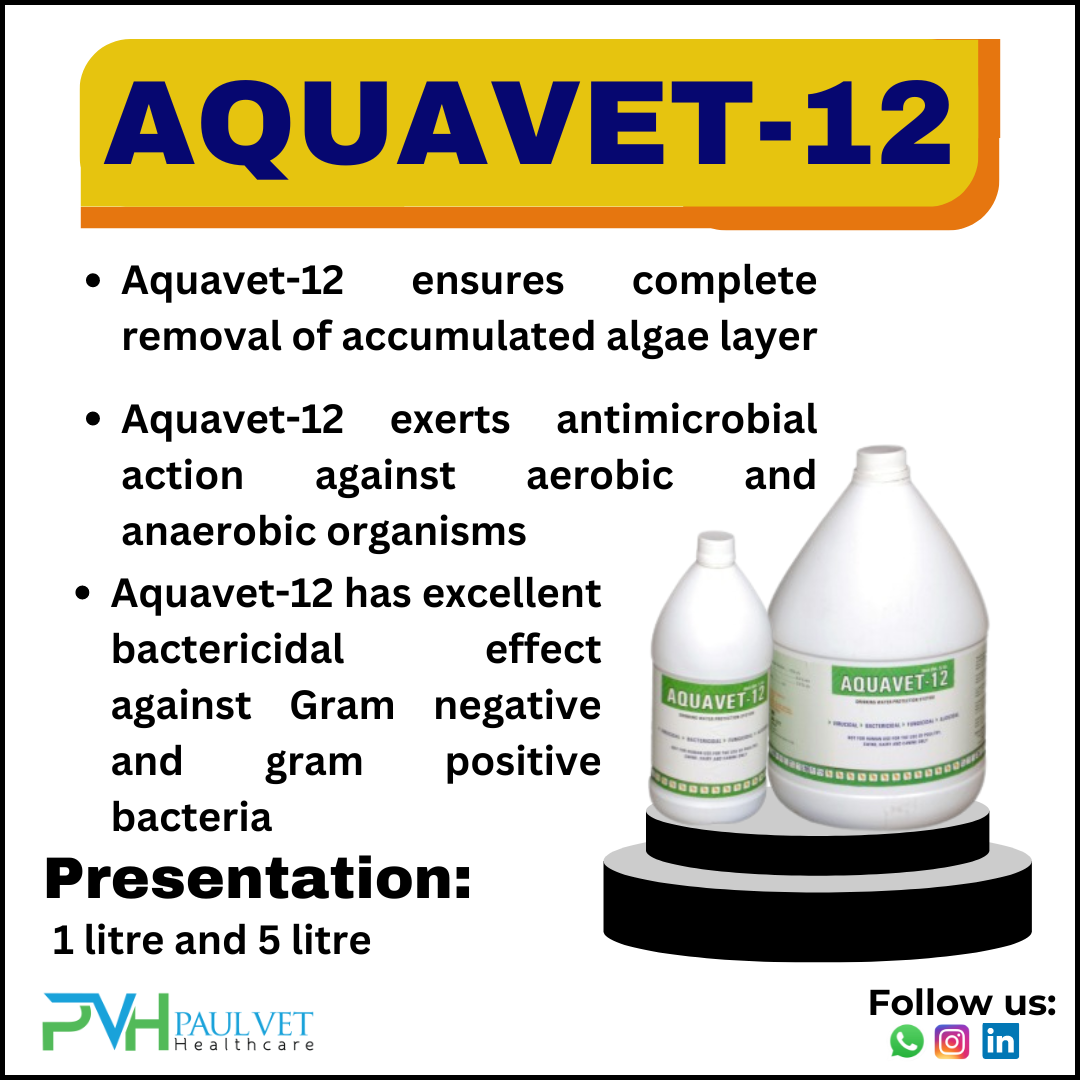
Dietary supplementation of Vitamin E and selenium on performance and oxidative stability of meat of broiler chickens in a hot climate
A study was published in March 2021 in Agricultura tropica et subtropica, about examining the impact of dietary supplementation of VE (Vitamin E) + Se (Selenium) on the growth performance of broiler chickens revealed promising results. In that study, the group receiving 400 mg VE + 0.2 mg Se, demonstrated the highest performance indices, including final weight, total weight gain, and daily weight gain. These findings underscore the beneficial effects of VE and Se supplementation on broiler growth and development. Vitasel-E, containing both Vitamin E and Selenium, aligns with these research findings by providing essential nutrients that support optimal growth, immunity, and antioxidant function in broiler chickens. Incorporating Vitasel-E into broiler diets may lead to improved performance outcomes, highlighting its potential as a valuable supplement for poultry health and productivity.

EFFECT OF DIETARY INCLUSION OF SILYBUM MARIANUM OIL EXTRACTION BYPRODUCT ON GROWTH PERFORMANCE, IMMUNE RESPONSE AND CECAL MICROBIAL POPULATION OF BROILER CHICKEN
The study published in Biotechnology in Animal Husbandry evaluated the effects of Silybum Marianum Oil Extraction Byproduct (SMOEB) supplementation on the performance and physiological parameters of broiler chickens. The findings revealed promising results regarding the potential benefits of SMOEB in poultry nutrition. One notable observation from the study was the low mortality rate, which remained below 3% across all groups without significant differences. Additionally, there were no significant differences in feed conversion ratio (FCR) between the treatment groups, indicating comparable growth performance. Interestingly, the supplementation of SMOEB led to notable changes in the length of the duodenum, jejunum, and cecum in broilers. Specifically, broilers fed with SMOEB at varying levels exhibited increased lengths of these gastrointestinal segments compared to the control group. This suggests a potential positive impact of SMOEB on gut health and nutrient absorption in broiler chickens. Moreover, the study highlights the immunomodulatory properties of milk thistle, the source of SMOEB, which can support the immune system through its potent antioxidant effects and direct modulation of immune cells. This underscores the multifaceted benefits of SMOEB supplementation in promoting overall health and well-being in broiler chickens. In light of these findings, Heptogin Forte, a product formulated with SMOEB derived from milk thistle (Silymarin), offers poultry farmers a promising solution for enhancing the performance and health of their flocks. By incorporating Heptogin Forte into poultry diets, farmers can potentially optimize gut health, improve nutrient absorption, and bolster immune function, ultimately leading to better outcomes in poultry production.

Effect of Dietary Mannan Oligosaccharide from Bio-Mos on Live Performance of Broiler Chickens
The study published in the Journal of Applied Poultry Research highlights the significant benefits of MOS (mannan oligosaccharides) supplementation in poultry diets. MOS, derived from the outer portion of yeast cell walls, offers multiple advantageous modes of action, including pathogen adsorption (agglutination), improved intestinal integrity (such as increased villi height), and immune modulation. In the study, diets were administered in three phases, with treatments including a control group and various levels of supplementation. Specifically, diets supplemented with Bio-Mos at 1.0, 0.5, and 0.5 kg/ton in starter, grower, and finisher feeds, respectively, resulted in a significant increase in body weight at 21, 28, 35, and 42 days compared to the control group. This research underscores the efficacy of MOS supplementation, particularly Protimix Biomos, Protimix Biomos 500 and Protimix Biomos (WS), in promoting growth performance and overall health in poultry. By enhancing intestinal integrity, bolstering immune function, and mitigating pathogenic threats, these products offer a promising solution for optimizing poultry production and welfare.

The Effectiveness of Benzalkonium Chloride as an Active Compound on Selected Foodborne Pathogens Biofilm
The study conducted by Bruno Kovač and colleagues underscores the effectiveness of benzalkonium chloride (BAC) as an active compound against foodborne pathogens biofilm. BAC, a chlorine-based chemical compound, exhibits antimicrobial properties against bacteria, viruses, and fungi, making it a versatile biocide, cationic surfactant, and phase transfer agent. In the research, ceramic tiles were utilized as a surface for bacterial adherence and biofilm formation. Following disinfection treatment with 5% and 20% working solutions of BAC, a significant reduction in total biomass was observed for all tested bacteria compared to the control group. This highlights the potent antimicrobial efficacy of BAC in combating biofilm formation. The findings of this study provide valuable insights into the potential application of BAC, particularly in Aquavet-12, for disinfection and microbial control in various settings, including food processing facilities, healthcare environments, and agricultural operations. By harnessing the antimicrobial properties of BAC, Aquavet-12 offer a promising solution for ensuring hygiene and safety in critical industries.
